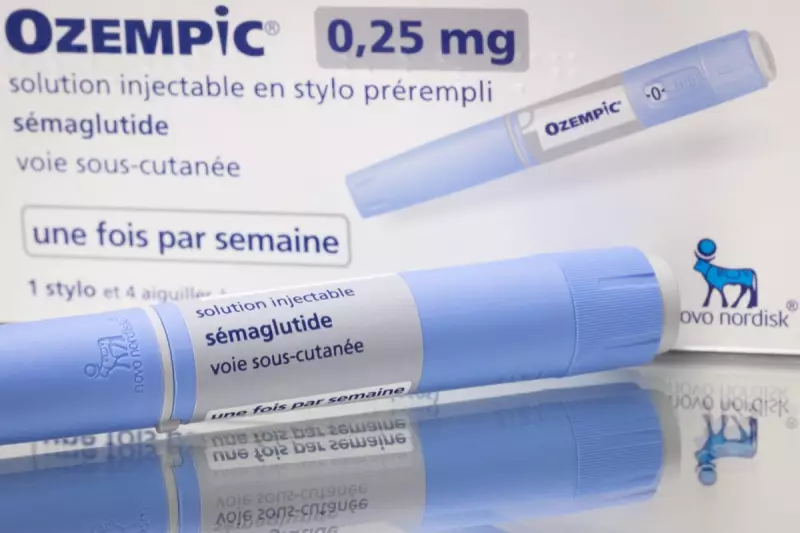
British medical research is on the cusp of a potential revolution in obesity treatment, investigating a groundbreaking approach: 'microdosing' powerful GLP-1 agonist drugs like semaglutide (Wegovy). This innovative strategy could dramatically reduce both the financial burden and the severe gastrointestinal side effects associated with current treatment protocols.
The conventional method involves a strict, escalating dosage regimen over many weeks to reach an effective level. The new microdosing hypothesis, however, challenges this necessity. Early, albeit preliminary, evidence suggests that much smaller, more frequent doses could achieve similar efficacy in suppressing appetite and promoting weight loss.
A Game Changer for Patients and the NHS
The implications are profound. Microdosing could make these highly sought-after treatments far more tolerable for patients, mitigating the intense nausea and other GI issues that often lead people to abandon therapy. For the NHS and healthcare budgets, the cost savings could be staggering, potentially expanding access to thousands more patients struggling with obesity.
Proceed with Cautious Optimism
While the concept is electrifying the medical community, experts are urging cautious optimism. Robust, large-scale clinical trials are absolutely essential to confirm the safety and effectiveness of this approach before it can be widely adopted. Researchers are now calling for urgent funding and focus to move this promising idea from theory to practice, potentially unlocking a new, more sustainable front in the fight against obesity.





